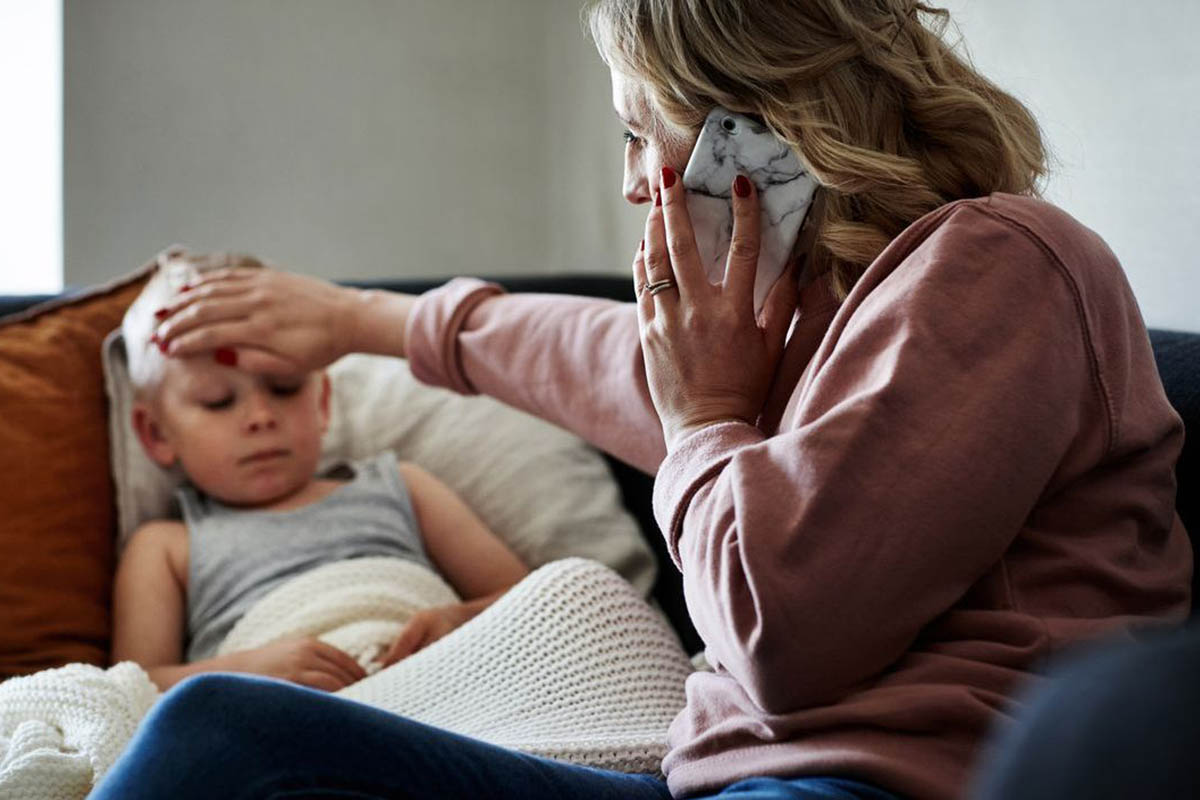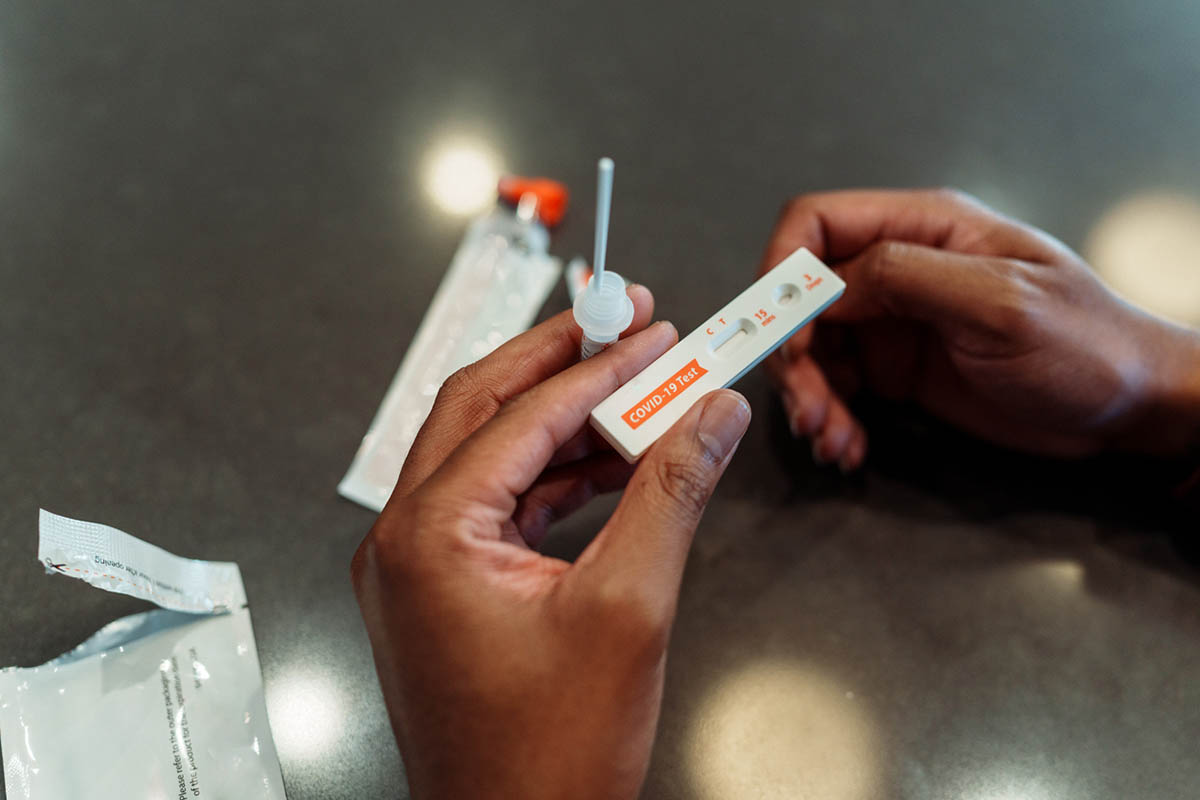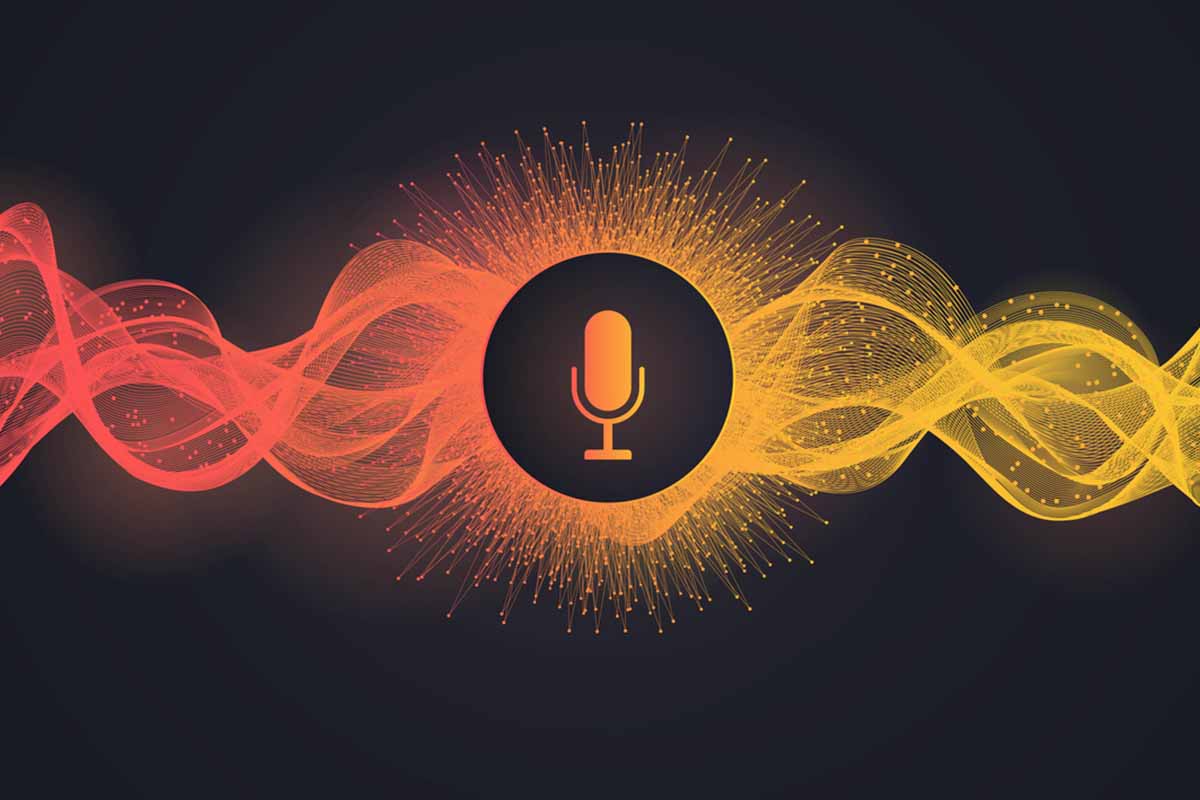There is evidence in the literature that coronavirus subtypes, severe acute respiratory syndrome (SARS) and Middle East respiratory syndrome (MERS), can lead to the development of neuropsychiatric symptoms in those infected.1 Symptoms can include encephalitis, manic depression, agitation, and delirium.1 COVID-19 is in the same group of β-coronaviruses as SARS and MERS and shares 85% of the same nucleotide sequences seen in the SARS virus.1 We present a case of new-onset mania in a patient recently infected with COVID-19. Review of the neuropsychiatric manifestations of SARS/MERS infections can provide valuable clinical insight into the symptoms and complications that may arise in COVID-19 patients.
Case Report
A 54-year-old man was transported by police for psychiatric evaluation and inpatient admission due to a sudden change in behavior 2 to 3 days prior, which was suggestive of a manic episode. The patient displayed pressured speech, increased goal-directed activity, grandiosity, psychomotor agitation, flight of ideas, tangentiality, and mood lability on evaluation. He had no significant past medical or psychiatric history. There was no reported history of drug use; his urine drug screen was positive for cannabis only (his wife noted giving him THC edibles for his new-onset insomnia). Head computed tomography, rapid plasma reagin, vitamin B12, folate, complete blood count, comprehensive metabolic panel, electrocardiogram, and urinalysis results were unremarkable. The only significant history was a recent COVID-19 diagnosis 15 days prior to admission. He reported cold-like symptoms that resolved during isolation. Given the unlikeliness of first-break mania at this patient’s age and no other apparent biological cause of his mania, consideration was given to COVID-19–induced mania. The patient was hospitalized for 16 days and required 3 mood stabilizers (paliperidone, lithium, and valproate) to show improvement. The patient was still displaying some residual manic symptoms at the time of inpatient discharge and reported resolution of symptoms 9 days post-discharge at outpatient follow-up.
Discussion
Although COVID-19 is more commonly associated with respiratory symptoms, research shows it can be a multisystemic disease.2 Virus-induced neuropsychiatric symptoms have presented with SARS/MERS and several influenza strains.2 Manifestation of neuropsychiatric symptoms in COVID-19 is similar to what was seen with the SARS virus in the past, including symptoms ranging from anger, anxiety, and depression to hallucinations and mania.3 Consideration must also be given to COVID-19 treatments, especially corticosteroids and antivirals that could induce psychosis3; however, this was less likely in our patient as he isolated at home.
A review of pathogenesis of COVID-19–induced neuropsychiatric illness suggests an inflammatory model. Inflammation has been shown to play a role in the pathogenesis of schizophrenia, depression, and bipolar disorder, as well as systemic symptoms of COVID-19.3 COVID-19 can trigger a cytokine storm, and these patients often have high levels of interleukins, tumor necrosis factor alpha, and C-reactive protein, resulting in neuroinflammation and presentation of neuropsychiatric symptoms.3,4 Although inflammatory markers were not obtained in our patient, it would be prudent to order cytokine profiles to help aid in the management of COVID-19 patients.5 Treatment with traditional mood stabilizers and antipsychotics can be beneficial but has limited efficacy as demonstrated by this case.
Further research is needed to determine the role of immunomodulators and cytokine inhibitors in managing neuropsychiatric symptoms in COVID-19 infection.4
Article Information
Published Online: October 12, 2023. https://doi.org/10.4088/PCC.23cr03533
© 2023 Physicians Postgraduate Press, Inc.
Prim Care Companion CNS Disord 2023;25(5):23cr03533
Submitted: March 25, 2023; accepted June 7, 2023.
To Cite: Uppalapati S, Cheng A, Mian T. A case of COVID-19–induced mania. Prim Care Companion CNS Disord. 2023;25(5):23cr03533.
Author Affiliations: Community Health Network Psychiatry Residency, Indianapolis, Indiana (all authors).
Corresponding Author: Swetha Uppalapati, DO, Community Health Network, 7150 Clearvista Dr, Indianapolis, IN 46256 ([email protected]).
Relevant Financial Relationships: None.
Funding/Support: None.
Additional Information: Information has been de-identified to protect anonymity.
References (5)

- Banerjee D, Viswanath B. Neuropsychiatric manifestations of COVID-19 and possible pathogenic mechanisms: Insights from other coronaviruses. Asian J Psychiatr. 2020;54(102350):102350. PubMed CrossRef
- Desai S, Sheikh B, Belzie L. New-onset psychosis following COVID-19 infection. Cureus. 2021;13(9):e17904. PubMed CrossRef
- He Y, Yu R, Ren J. The correlation between psychiatric disorders and Covid-19: a narrative review. Psychiatr Danub. 2021;33(1):76–85. PubMed CrossRef
- Tripathy S, Singh N, Singh A, et al. COVID-19 and psychotic symptoms: the view from psychiatric immunology. Curr Behav Neurosci Rep. 2021;8(4):172–178. PubMed CrossRef
- Lim ST, Janaway B, Costello H, et al. Persistent psychotic symptoms following COVID-19 infection. BJPsych Open. 2020;6(e105):e105. PubMed CrossRef
Enjoy this premium PDF as part of your membership benefits!





